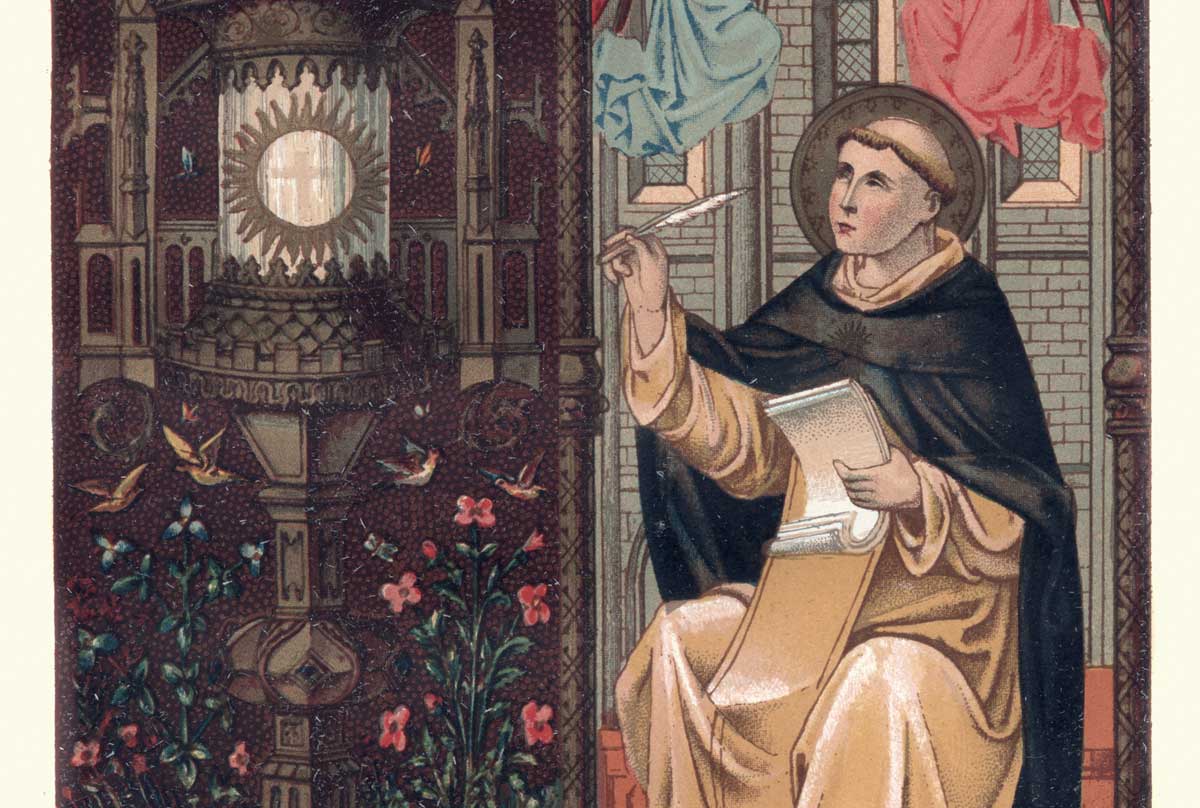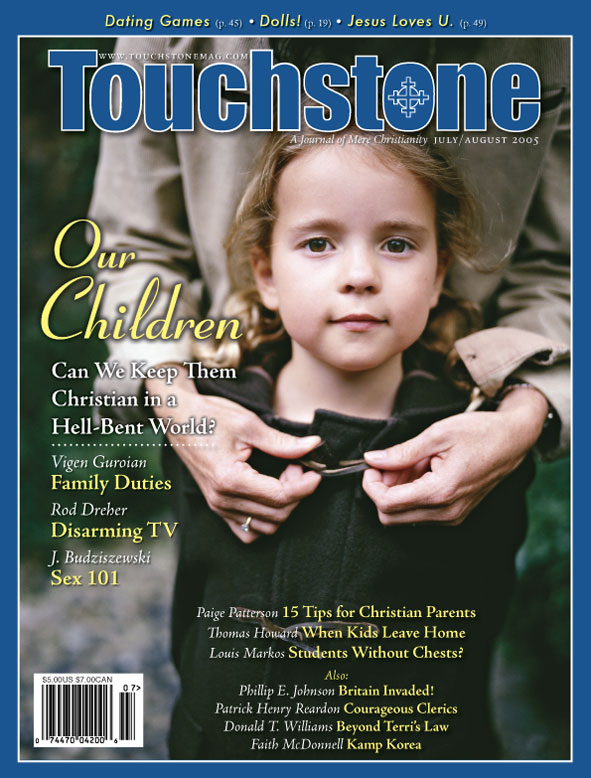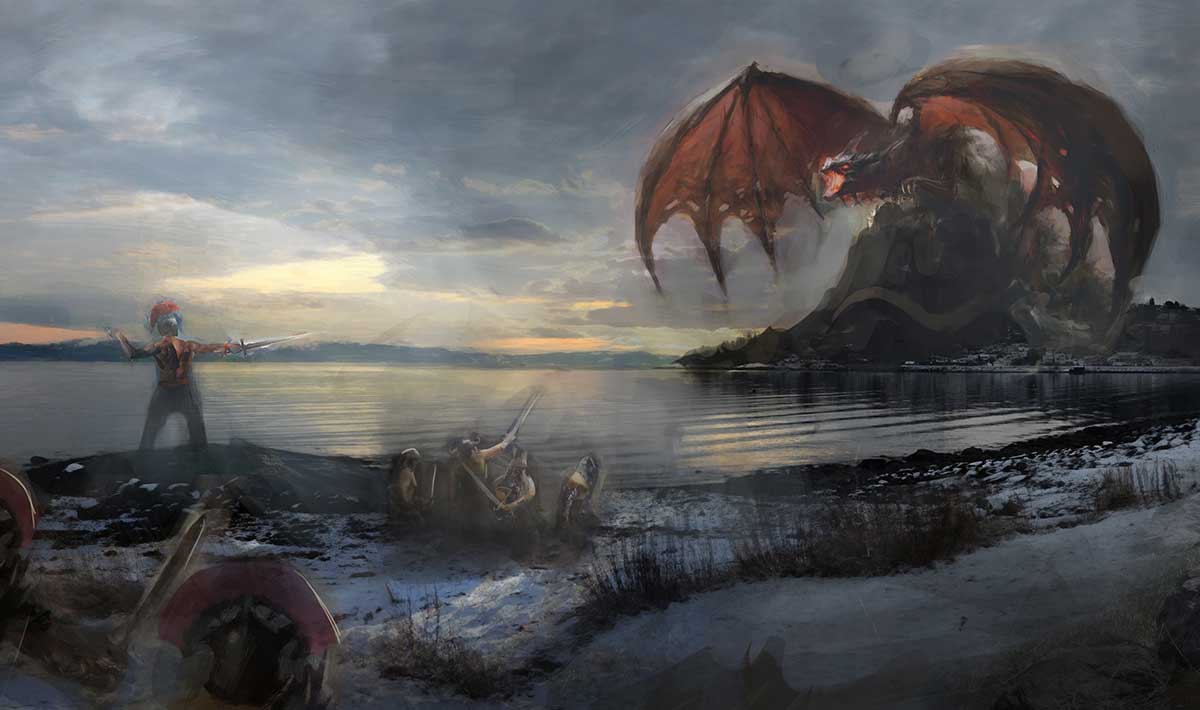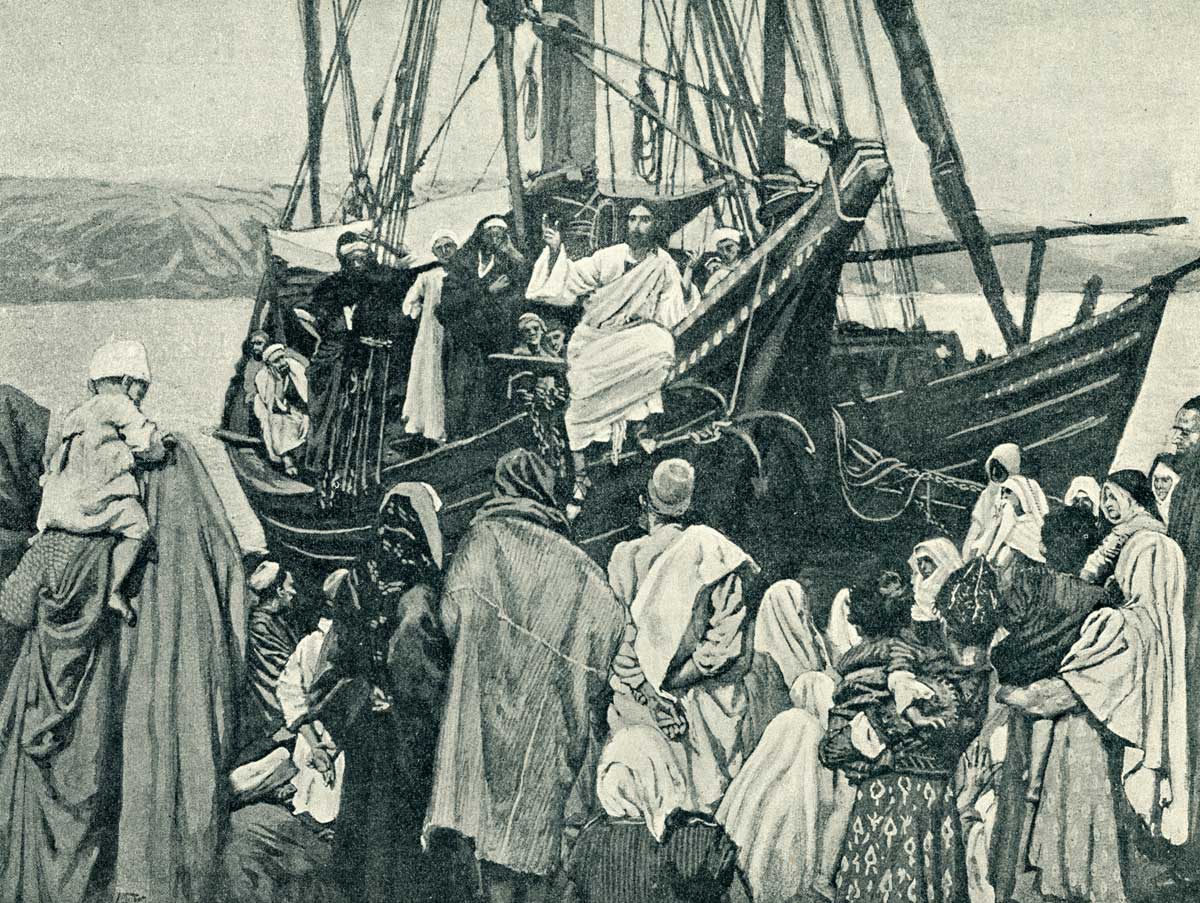I Am a Rock
I am Charlotte Simmons by Tom Wolfe
I am Charlotte Simmons
Farrar, Straus and Giroux, 2004
(676 pages, $28.95, hardcover)
reviewed by Franklin Freeman
She was Charlotte Simmons. Could she ever have that conversation with herself, the way Momma told her to? Mr. Starling put ‘soul’ in quotes, which as much as said it was only a superstitious belief in the first place, an earlier, yet more primitive name for the ghost in the machine.”
This passage, which occurs in the last chapter of Tom Wolfe’s latest novel, I Am Charlotte Simmons, states the thematic core of the book. Does every person really have a self, an I, or is each person a “Conscious Little Rock” thrown into the air by his genetic code and evolution? Wolfe proposes that we are more rock than we would like to think. And on that idea his novel founders, although all is not lost, not by any means.
College Pleasures
Charlotte Simmons, the heroine of the novel, is valedictorian of her high-school class in the mountainous, isolated town of Sparta, North Carolina, and she wins a scholarship to prestigious (fictional) Dupont University in Pennsylvania. Her English teacher had pushed her to excel and taught her to see Dupont as a Shangri-La of learning, a hallowed place where she will blossom into the woman she was meant to be.
But Charlotte finds that Dupont University, as a whole, is not dedicated to learning but to pleasure, through drinking, sex, basketball, and the worship of athletes. She does at first excel in academics nevertheless, because Victor Starling, Nobel Prize winner in neuroscience, inspires her. She impresses him in class with an answer to a question that shows she has actually read The Origin of Species and also astounds him with a paper on evolution.
He then invites her to work in his lab, the cutting edge of neuroscience research. Charlotte, however, driven by loneliness and a desire to be considered “special,” turns away from academic success and seeks instead to excel in a corrupt and wretched campus society.
Through her beauty, intelligence, and beguiling innocence, she becomes involved with a basketball player (with whom she ends up becoming an item, hence her excelling at what matters most at Dupont University, basketball), the most popular fraternity boy (to whom she loses her virginity), and a college newspaper reporter (whom she helps to break a big story and who comforts her when she falls into a deep depression after her loss of innocence).
The setting of this story is an academically prestigious campus where the f-word dominates student conversation, male and female; young women with SAT scores of 1400 dress and live like prostitutes, except that they don’t get paid; students en masse dress like elementary school children; and supposedly incorrupt professors of the old liberal school kowtow to the athletic department when there is a political point to be scored (hypocritical conservatives come off just as badly).
Consequences
One of the best passages in the book occurs in chapter 15, “The Tailgaters.” It begins with Dupont alumni Archer Miles bringing his teenage sons, Tyson and Porter, to a football game. After reminiscing about his own pre-game parties, when he and his fellows dressed in “button-downs, neckties and tweed jackets or blazers,” Archer parks and lowers his window.
He hears a “garble” of music and smells beer and “great fluffy fumes” of urine. Students—“four acres of America’s college elite”—clad in as few clothes as possible, bob up and down pumping kegs in the backs of pick-ups, chugging beer, playing with sex toys, and screaming obscenities.
Archer was stunned. What were Tyson and Porter supposed to come away with? . . . collegiate was collegiate, but this was . . . indecent— immoral was the term that crossed his mind, but the very word had become obsolete. It had vanished from sophisticated conversation. He cut a glance at Tyson and Porter. They were utterly absorbed.
This is the novel at its best, showing us a picture of a university devoted to a continuous bacchanal, not to veritas, and doing so with vivid details and dialogue. This aspect of his novel can be seen as a fictional counterpart of Allan Bloom’s The Closing of the American Mind. Ideas have consequences and the ideas Bloom criticized in his book have transmogrified into the “four acres of sloshed beer” in the parking lot of a college football stadium.
But Wolfe appears to write from the standpoint of naturalism, as did his favorite writer, Emile Zola: from the idea that there is nothing but nature as we know it through science and, thus, we are only products of our environments. We are “conscious little rocks.”
Wolfe’s idea, based on the latest neuroscience research, that our “selves” are just illusions our brains create, also has consequences, the main one being that it renders his protagonist, Charlotte Simmons, into a puppet with Wolfe pulling the strings. Wolfe ends up writing, to use William Faulkner’s term, “not of the heart, but of the glands.”
Victor Starling introduces the concept of the conscious little rock in a lecture, and though he does not endorse it (he says he still believes in a self, but he doesn’t seem too sure), Charlotte has an epiphany of sorts after this lecture: “all about her moved her 6,200 fellow students, or a great many of them, in sunlight, blithely ignorant of the fact that they were merely conscious little rocks, every one of them, whereas . . . I am Charlotte Simmons.”
This is a moment of hubris, and Charlotte’s fall illustrates that she is not above acting like a conscious little rock, that is, like everyone else at Dupont University. Nevertheless, she uses the conscious little rock theory in a self-referentially inconsistent way to elevate herself above others.
This is the mistake of naturalism itself, as C. S. Lewis noted in Miracles, quoting the atheist professor J. B. S. Haldane’s Possible Worlds: “If my mental processes are determined wholly by the motions of atoms in my brain, I have no reason to suppose that my beliefs are true . . . and hence I have no reason for supposing my brain to be composed of atoms.”
Because of this inner contradiction of naturalism, Wolfe’s stance on Charlotte’s selfhood (does she have a soul or not?) is ambiguous. Dramatically, he wants to have his cake (Charlotte thinks she has a soul but really doesn’t) and eat it too (Charlotte falls from innocence into guilt). He wants to have his philosophy and the drama that his philosophy makes impossible.
If Charlotte is a conscious little rock who does not have a soul, she does not have free will, and if she does not have free will, there is no drama and the story dies. If she does have a soul and is more than a conscious little rock, and if her character and choices determine whether she succeeds or fails, there is drama and the story lives. Wolfe can’t have it both ways.
As it stands, the novel stumbles when describing Charlotte’s inner dilemma, but soars when describing the clashes of male egos, who do not fret about the existence of souls.
Wolfe Falters
My favorite passage in the book, a graceful tongue-in-cheek imitation of an epic opening, could have been the opening of a better novel focusing on the “institutional farce known as ‘the student athlete’”: “Where is the poet who has sung of that most lacerating of all human emotions, the cut that never heals—male humiliation. Oh, the bards, the balladeers have stirred us with epics of the humiliated male’s obsession with revenge . . . but that is letting the poor devil off easy.”
In his latest novel, Wolfe has faltered, but not fallen. I Am Charlotte Simmons is his weakest novel, but it is still a better book than most novels by major American writers because he writes with such energy and grace, offers insights into our hypocrisies and self-delusions and is willing to judge them, and wrestles with deeper questions than almost all other American novelists.
Zola once wrote, “My own art is a negation of society, an affirmation of the individual, outside all rules and demands of society.” Wolfe’s art, at its best, also affirms the individual—only this time he has questioned the essence of the individual and undercut the basis of his art.
Franklin Freeman is a freelance writer living in Saco, Maine, with his wife and four children.
subscription options
Order
Print/Online Subscription

Get six issues (one year) of Touchstone PLUS full online access including pdf downloads for only $39.95. That's only $3.34 per month!
Order
Online Only
Subscription

Get a one-year full-access subscription to the Touchstone online archives for only $19.95. That's only $1.66 per month!
bulk subscriptions
Order Touchstone subscriptions in bulk and save $10 per sub! Each subscription includes 6 issues of Touchstone plus full online access to touchstonemag.com—including archives, videos, and pdf downloads of recent issues for only $29.95 each! Great for churches or study groups.
Transactions will be processed on a secure server.
more from the online archives

23.6—November/December 2010
Darwin, Design & Thomas Aquinas
The Mythical Conflict Between Thomism & Intelligent Design by Logan Paul Gage
calling all readers
Please Donate
"There are magazines worth reading but few worth saving . . . Touchstone is just such a magazine."
—Alice von Hildebrand
"Here we do not concede one square millimeter of territory to falsehood, folly, contemporary sentimentality, or fashion. We speak the truth, and let God be our judge. . . . Touchstone is the one committedly Christian conservative journal."
—Anthony Esolen, Touchstone senior editor








